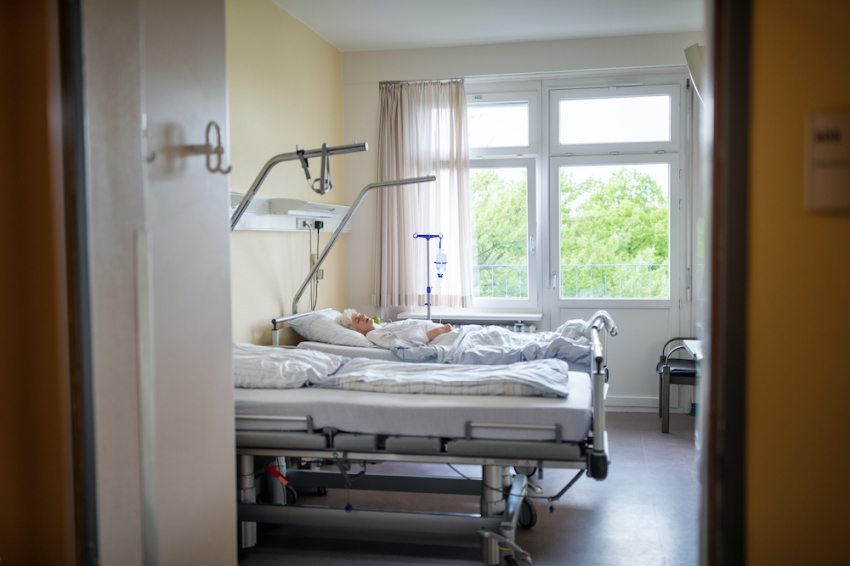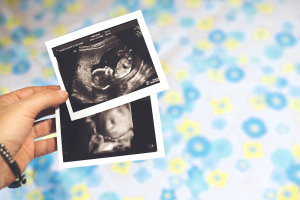Dutch Supreme Court approves euthanasia for dementia patients, following dispute

The Dutch Supreme Court has approved the use of euthanasia for people with advanced dementia, in a ruling that also allows doctors to carry out the practice without fear of prosecution.
"A physician may carry out a written request beforehand for euthanasia in people with advanced dementia,” said the Supreme Court, which is based in The Hague.
As long as the request was made in writing earlier, doctors will be allowed to carry out euthanasia even if the patient can't confirm it later due to their illness.
The decision comes on the heels of a controversial case where a doctor was cleared of wrongdoing after he euthanized a 74-year-old woman suffering from Alzheimer's and had requested to be euthanized before her condition worsened.
The case was particularly contentious given how the doctor had put a sedative in the woman's coffee and then when he attempted to euthanize her had to have her family help restrain her when her body reacted to the drugs and began resisting death. The doctor was accused of not following proper protocols as it pertains to consulting the woman about her wish to die. Prosecutors argued that she may have changed her mind about wanting to die.
Although the doctor who administered the euthanasia drugs was acquitted, the case was referred to the high court to clarify the law and was seen as an important test case of the Dutch laws and regulations surrounding the subject.
The ruling also stipulates that people with dementia who are requesting to die by euthanasia have to have "unbearable and endless suffering" and two doctors must have agreed to perform the procedure.
Critics of euthanasia have long stressed that once the practice is allowed under certain, tightly-controlled circumstances, the restrictions inevitably loosen with time and result in horrific abuses.
Writing in the National Review, Wesley J. Smith, an author and a senior fellow at the Discovery Institute’s Center on Human Exceptionalism, noted that the mentally ill woman at the center of the legal dispute had stated in her instructions that she wanted to determine "when" she was to die, which she never did.
"The termination 'choice' was made by the doctor and/or family in violation of the patient’s advance directive," he quipped.
"But why would the Dutch Supreme Court let inconvenient facts get in the way of furthering the Netherlands’ ever-expanding national killing policy that already permits infanticide, joint geriatric euthanasia of married couples, termination of the mentally ill, conjoining euthanasia with organ harvesting, and the lethal injections of people with disabilities?"
Along with neighboring Belgium, the northwestern European nation has one of the most permissive euthanasia and doctor-assisted suicide legal regimes in the world. It has been legal since 2002.



























